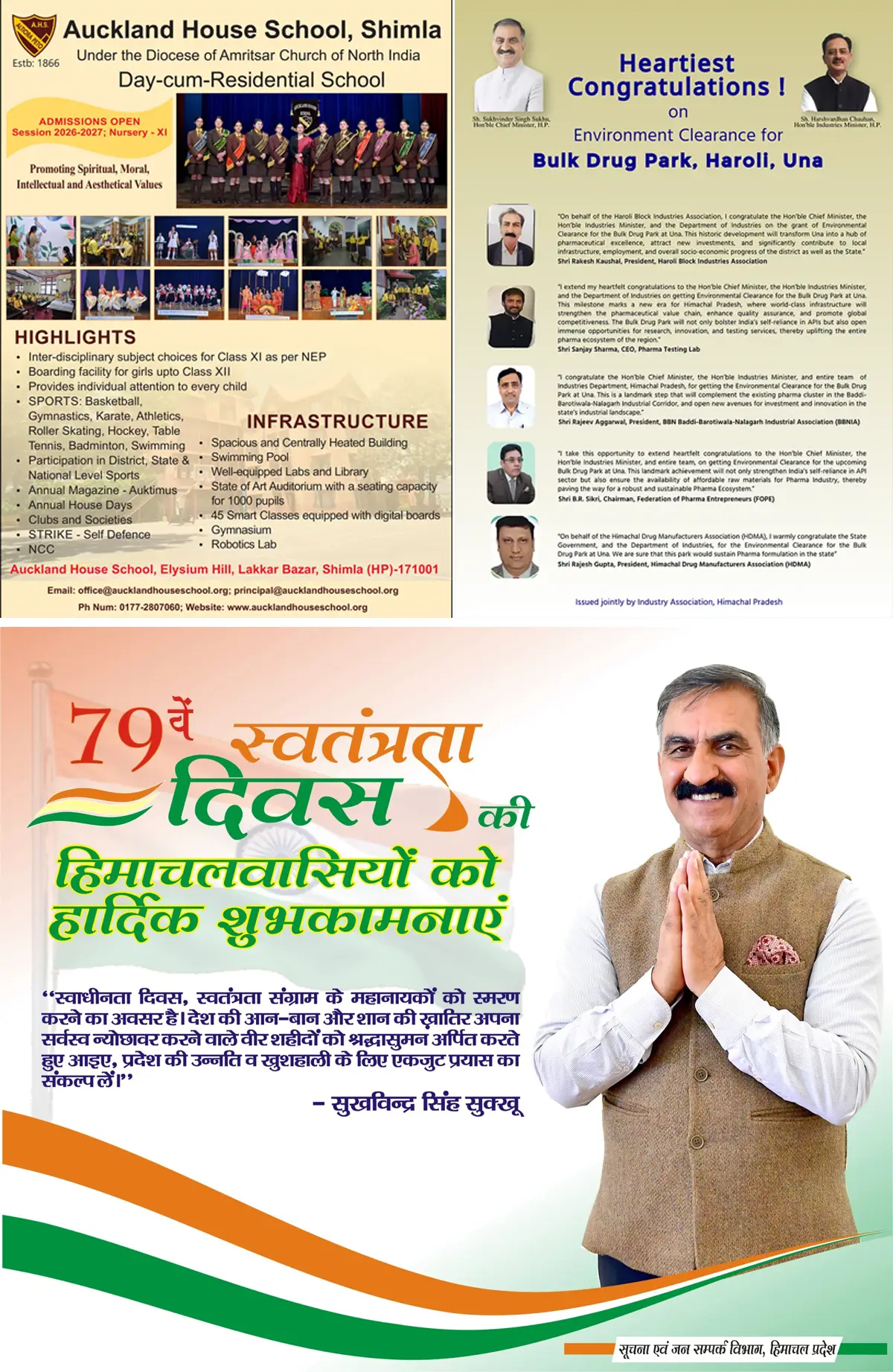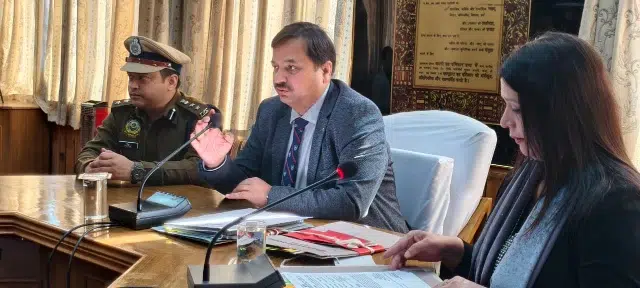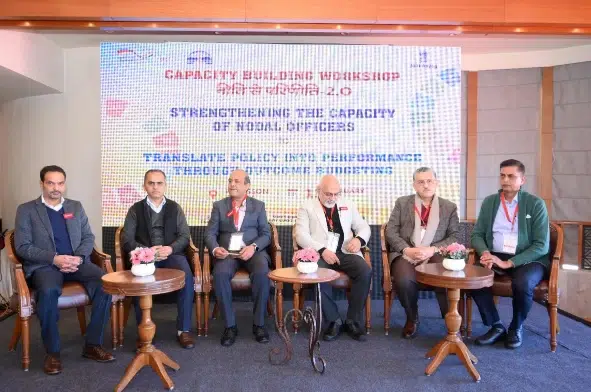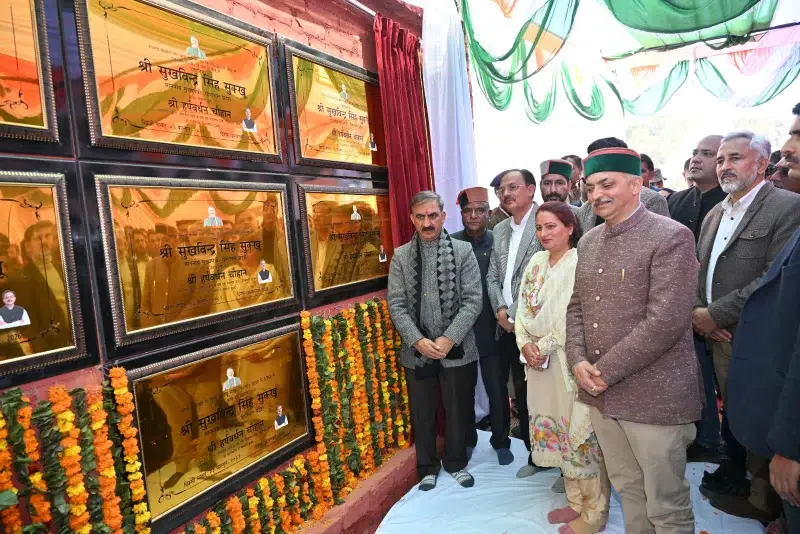Orientation programme on natural farming for Zone 1 KVKs
2 min read
Solan, Oct 10 – A three-day orientation training programme of Krishi Vigyan Kendras (KVKs) scientists for the development of scientific models on natural farming in different climatic zones commenced today at the Directorate of Extension Education, Dr. YS Parmar University of Horticulture and Forestry, Nauni.

The programme ‘Understanding Natural Farming for its Flawless Strategies to Out Scale through KVKs (Zone-I)’ is being organised in collaboration with the ICAR- Agricultural Technology Application Research Institute (ATARI), Ludhiana.
Speaking at the event Dr. Inder Dev, Director of Extension Education said that the Himachal Model has shown the country that natural farming can be an alternative production technique that can help to minimize input costs, conserve environment and increase farm incomes. He said that natural farming could spread to fields and to every farmer through the intervention of the KVKs. Dr. Rajesh Rana, Nodal officer of Natural Farming for Zone 1 said that the Krishi Vigyan Kendras are an excellent medium to disseminate the latest agricultural knowledge to the farmers. He lauded the efforts of Himachal Pradesh in natural farming and said that experts from the University have been sharing their knowledge with scientists and farmers from across the country and contributing to raising awareness of this farming system. Dr. Rana said that the target will be to develop 4-5 model action plans from Zone 1 in the near future.
In the first session, Dr. Subhash Verma, Coordinator of the SPNF programme at UHF Nauni gave the history and heritage of natural farming while Dr. Kuldeep Thakur talked about the importance of crop geometry under this system. Dr. Upender Singh raised awareness on the different inputs of natural agriculture and their usage while Dr. Usha Sharma gave a presentation on the integration of fruit crops in this system.
Programme coordinator Dr. Anil Sood informed that 82 scientists representing Zone-1 comprising KVKs of Jammu and Kashmir, Ladakh, Himachal Pradesh, Uttarakhand and Punjab. During the three days, scientists from different KVKs will be exposed to the basics of natural farming through various technical sessions and exposure visits to farmers’ fields will be used to showcase the results of this technique to the participants.





